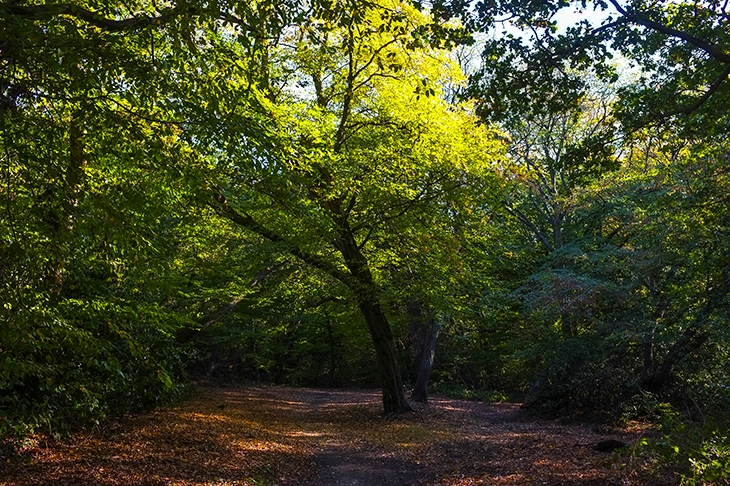In this current era of identity politics and a more fluid approach to gender and sexuality amongst a younger generation, it’s somewhat surprising to be reminded that there remains one letter in the ever-shifting LGBT acronym that is still considered something of an unspoken taboo: male bisexuality. One only has to count the number of, say, professional sportsmen who admit an attraction to men as well as women to see how far there is still to go.
Luke Turner makes no secret of his bisexuality, and is all the better a person — and a writer — for it. A Methodist minister’s son who came of age in the 1990s when the music of Suede and Pet Shop Boys offered succour, he hit upon an early truth: the queer world appeared to offer little support, while at the same time ‘bisexuals are perceived to be a threat to heteronormative culture, louche, priapic and oversexed, greedy males for whom any hole’s a goal’. To the confused onlooker the bisexual man, Turner quips, ‘seems to be having his cock and eating it’.
From this social displacement grew a furtiveness, much of which is explored in Out of the Woods through Turner’s fascination with Epping Forest, a place rich with myth, fears and family connections. It’s also a book that turns the nature memoir genre upon its head. Those who go down to the woods today expecting bucolic rhapsodies will be jolted by what lies beneath this book’s exterior. Turner writes bravely about crude teenage sexual awakenings ‘on the slimy floors of grotty toilets’, only later realising that he was the victim of predatory pederasts drawn to a pretty boy in a school uniform six or seven years below the then age of consent. Shame and guilt are the legacy of these nameless, faceless snuffling golems (one coercive creep claims to be a policeman and threatens him with arrest), though he rightfully identifies trauma rather than his sexuality as the reason for a later compulsion towards fleeting trysts that leave him ‘looking into a mirror in which I could see only an icy ghost peering back’.
Burrowing deep into the hinterlands of both the self and the semi-wild woodlands beyond the city, Turner offers as many welcome surprises as he does shocking recollections. Raised in a loving family, he does not criticise his theological upbringing, but instead is grateful for it. A respected music journalist, he’s an original thinker who avoids the 21st-century tendency to equate nature with the sentimental and twee ‘where photographs of forests exist as memes complete with trite and inspirational slogans’. Nor does he sanctify Epping Forest as magical, but instead depicts it as multi-faceted: place of refuge for some, cruising spot for others; a tangled world of horror, history, freedom, restoration, all at the same time. It is whatever utopia you want it to be, ‘so long as you take your litter home’.
As his research into Epping Forest deepens and reparations to a damaged psyche are made, Turner feels the pull of other ancient landscapes: the Pennine valleys of his childhood, or Grunewald Forest on the edge of Berlin, where after a hedonistic night in the famous Berghain club, he finally resists a lustful sexual encounter, preferring instead to pursue a burgeoning relationship with a woman who he loves. Here ‘the fug of desire, that had lead me to these places since I was 14, dissipated’.
Out of the Woods is a book full of poetry and pathos. More than anything it is a bold and beautiful study of how to be a true modern man.






Comments